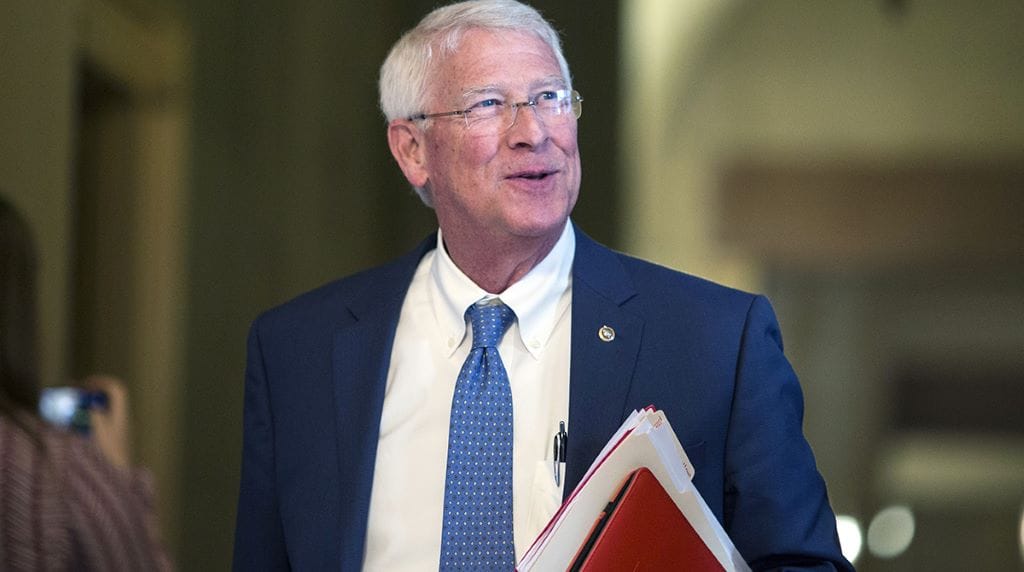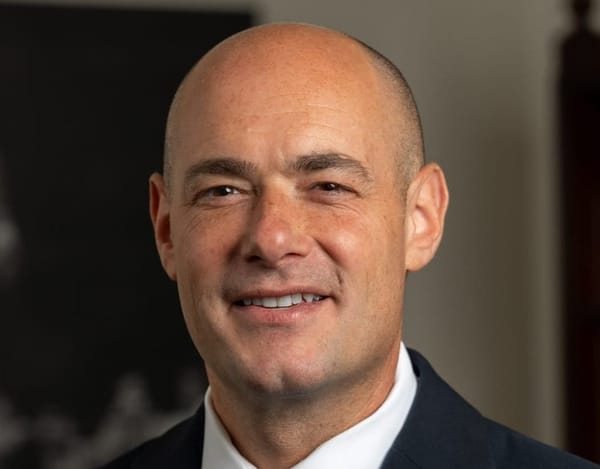Comprehensive Data Privacy Bill Faces Markup in Committee
The American Data Privacy and Protection Act said to be years in the making.
Teralyn Whipple

WASHINGTON, July 20, 2022 – The House Energy and Commerce Committee will vote on amendments to a comprehensive privacy bill restricting collection and transfer of personal data of U.S. citizens without consent during its markup meeting on Wednesday.
U.S. Senate Committee on Commerce, Science, and Transportation Ranking Member Roger Wicker, R-Miss., House Committee on Energy and Commerce’s Frank Pallone, D-N.J., and representative Cathy Rodgers, R-Wash., co-authored the bicameral bill known as the American Data Privacy and Protection Act. It is currently awaiting approval in the corresponding committees in Congress.
ADPPA addresses a national data privacy framework, a set of consumers’ data privacy rights and appropriate enforcement mechanisms. The proposed bill would grant Americans protections against discriminatory use of their data, require covered entities to minimize the data they collect, and prevent customers from needing to pay for privacy.
The bill would also protect American children and teens against harmful online content. Companies, including social media platforms, will be “flatly prohibited” from targeting children with harmful content and advertising and will be required to receive express consent before transferring data related to underage persons.
The Federal Trade Commission will be the main enforcer of ADPPA compliance through the new FTC Bureau of Privacy, which will be equipped with a specialized Youth Privacy and Marketing Division.
ADPAA has gained a lot of momentum in Congress but there remain sources of tension.
“This landmark agreement represents the sum of years of good faith efforts by us, other members, and numerous stakeholders,” read a statement from Wicker, Pallone, and Rodgers.
Lawmakers are concerned about the security of the American people. Tuesday, Federal Communications Commission Chairwoman Jessica Rosenworcel released a letter indicating the Commissions’ concern over the safety and privacy of subscribers to mobile internet service providers.
Current federal laws such as the Health Insurance Portability and Accountability Act and state-level regulations such as the Virginia Consumer Data Protection Act provide the American people some level of data security but considerable gaps in data privacy persist.
A letter from Senator Brian Schatz, D-Hawaii, urged the sponsors to shift the burden of data privacy from consumers to companies by including a corporate duty in the legislation. The U.S. Chamber of Commerce wrote in a draft letter that several aspects of the bill are “unworkable,” reported CNBC.
The bill has the backing of the Federal Trade Commission as well as several human rights organizations. Non-profit research and advocacy center, Electronic Privacy Information Center and advocate for technology, Information Technology industry Council both commended the bill after the release of the discussion draft early June.
“ADPPA presents Congress with the best opportunity it has had in decades to stop the very real harms that are happening online every minute of the day,” said Caitriona Fitzgerald, deputy director of EPIC.







Member discussion